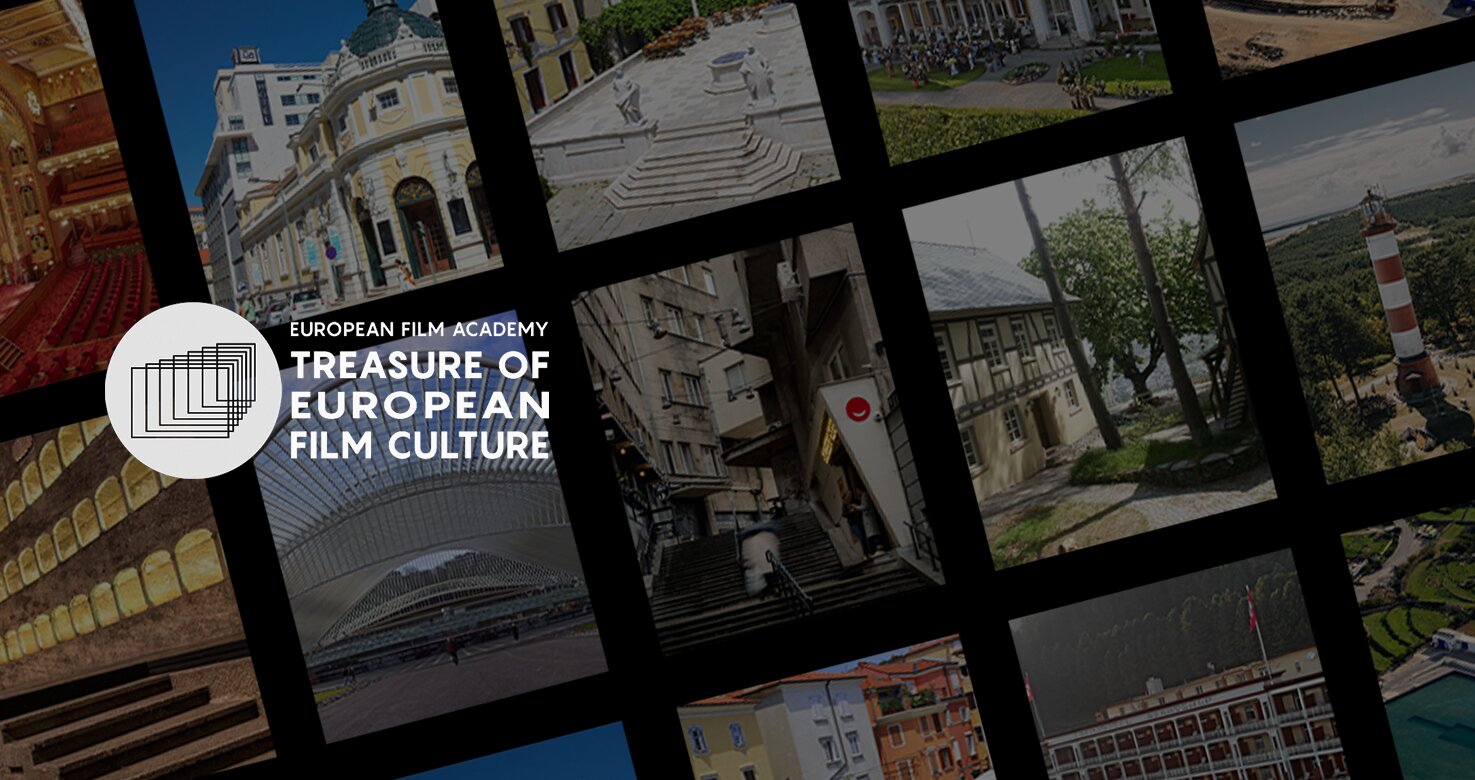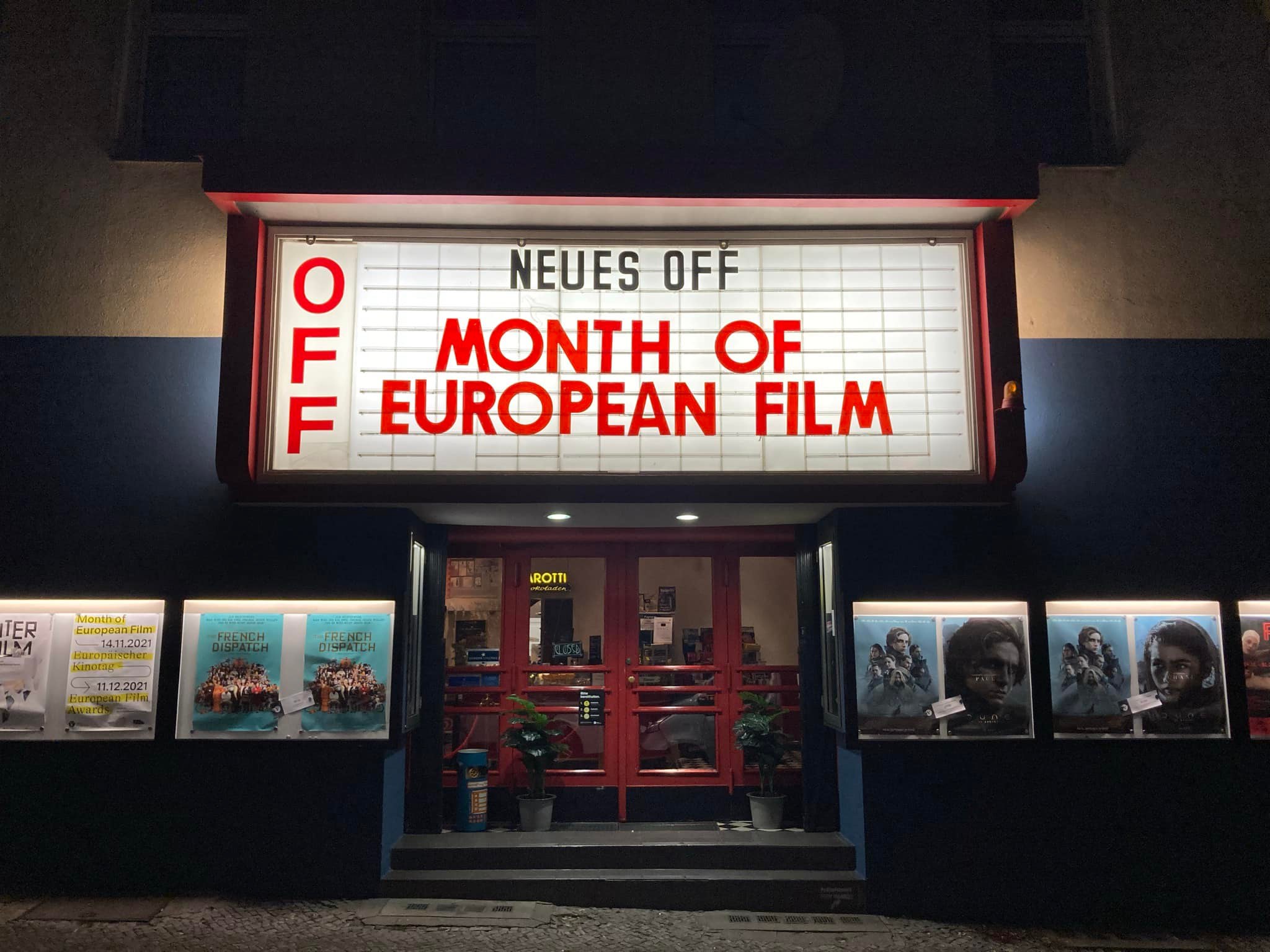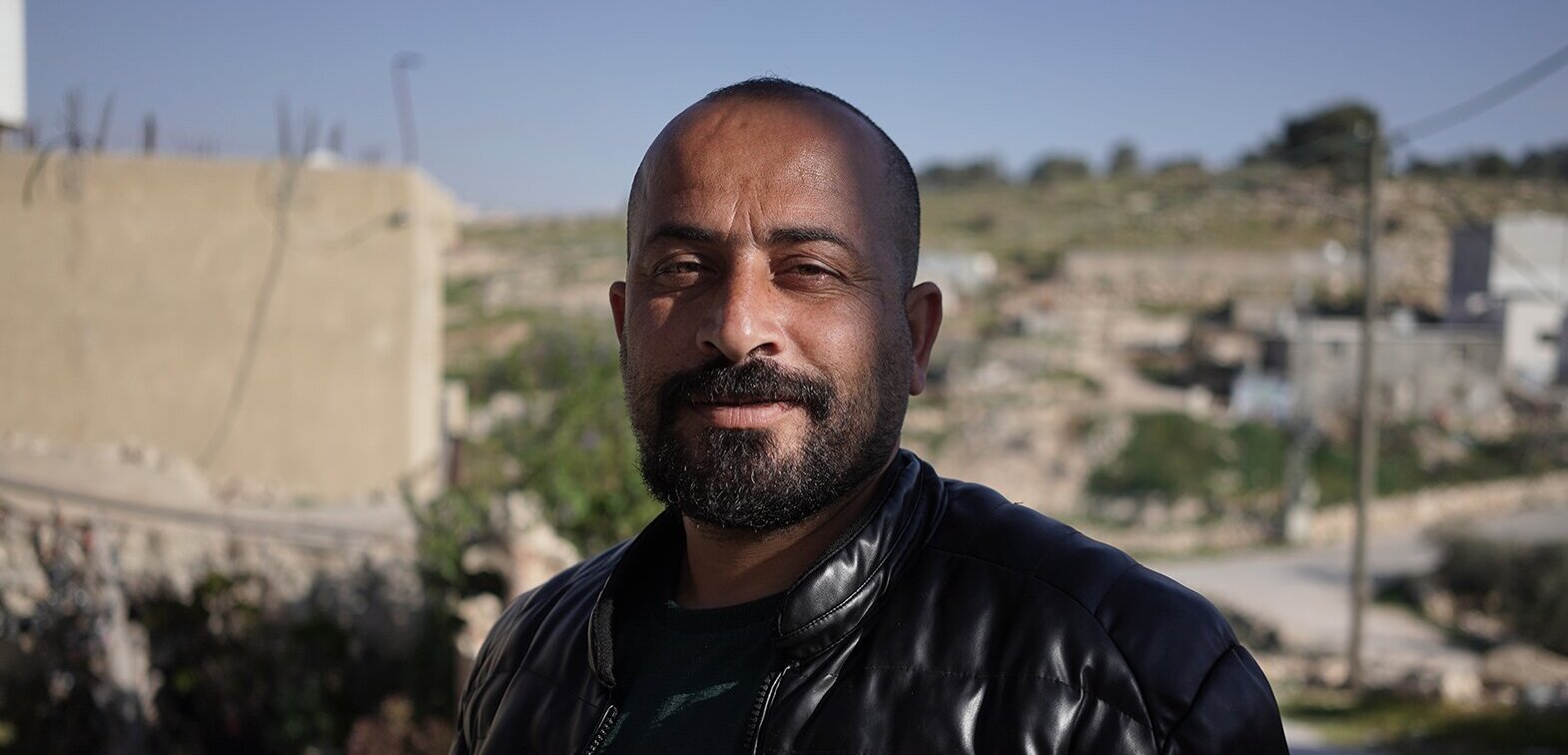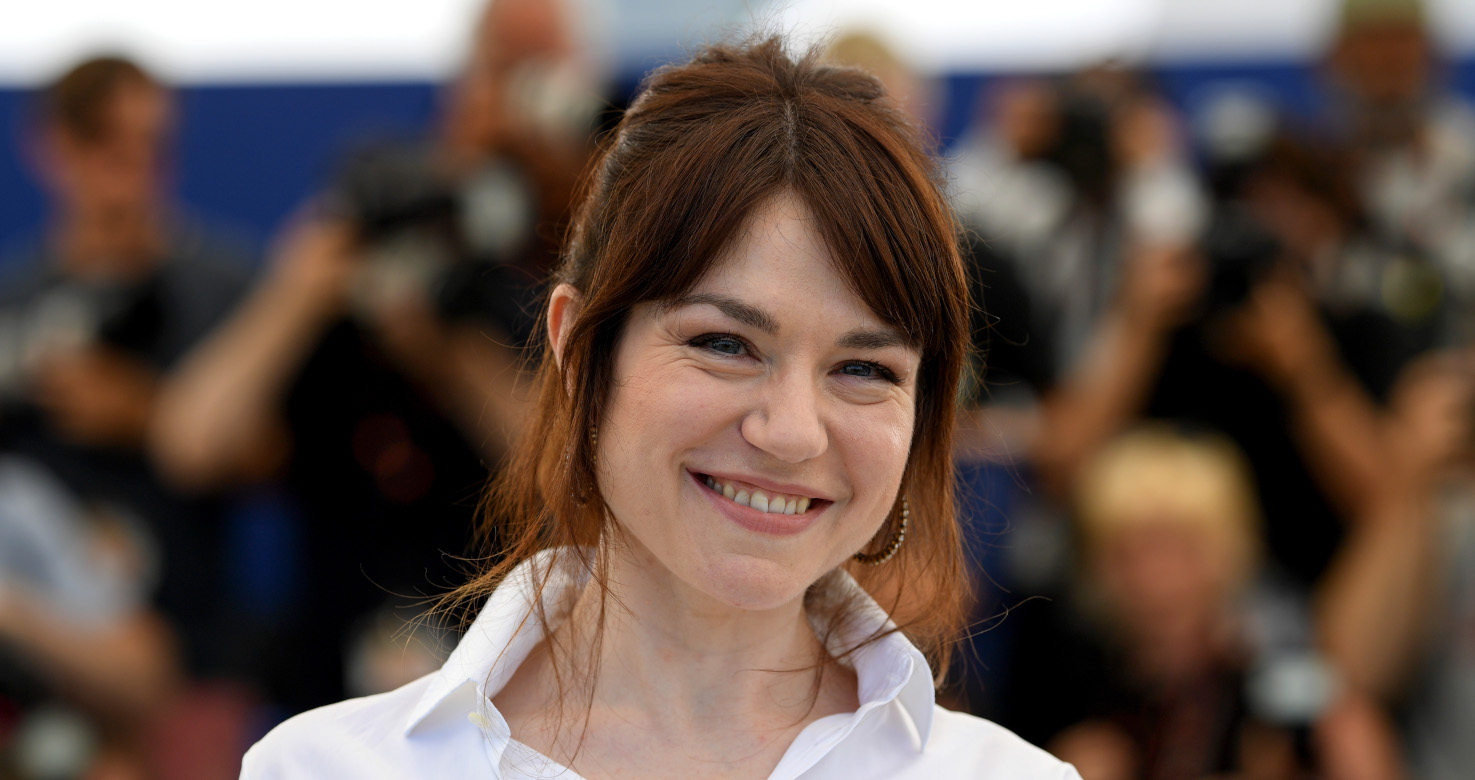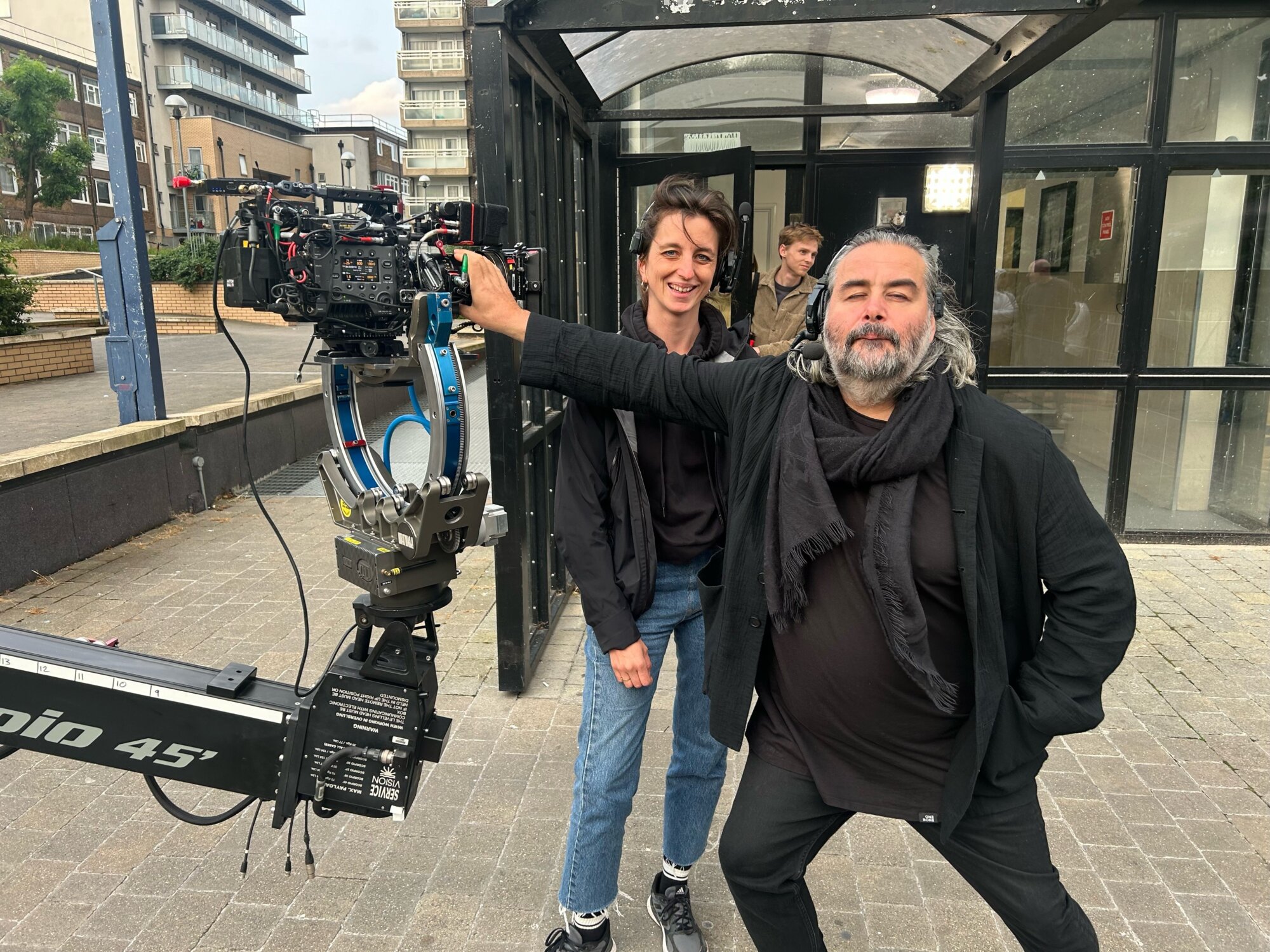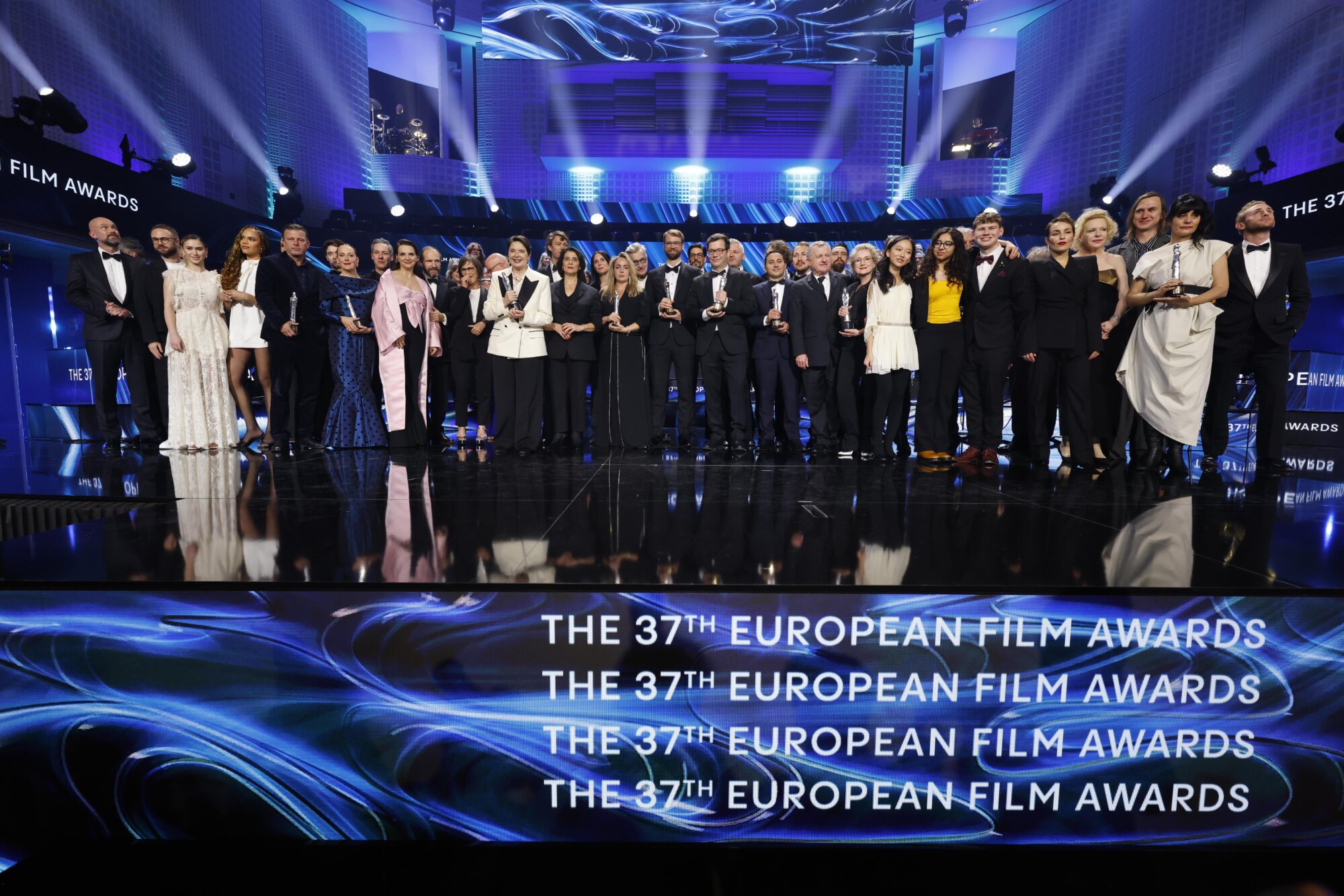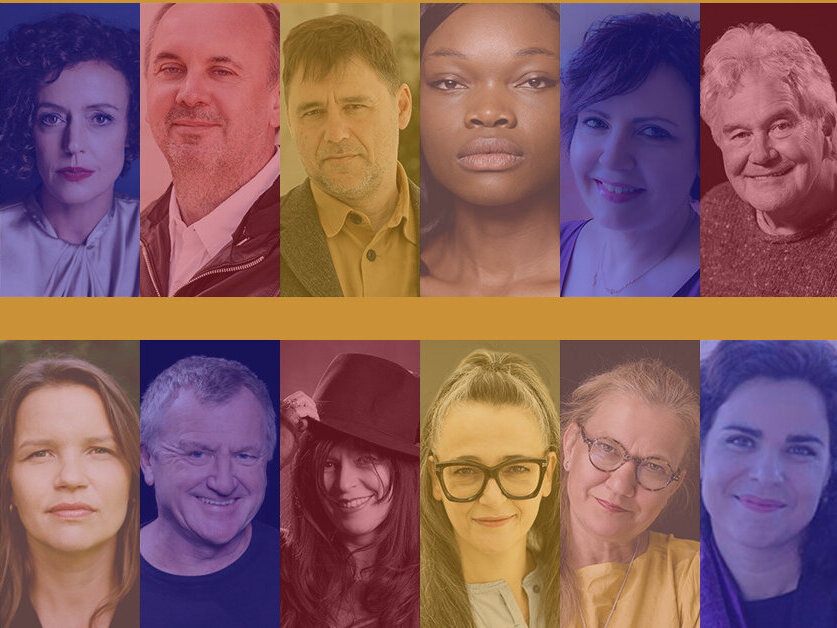THAT’S HOW I LOVE YOU
THAT’S HOW I LOVE YOU
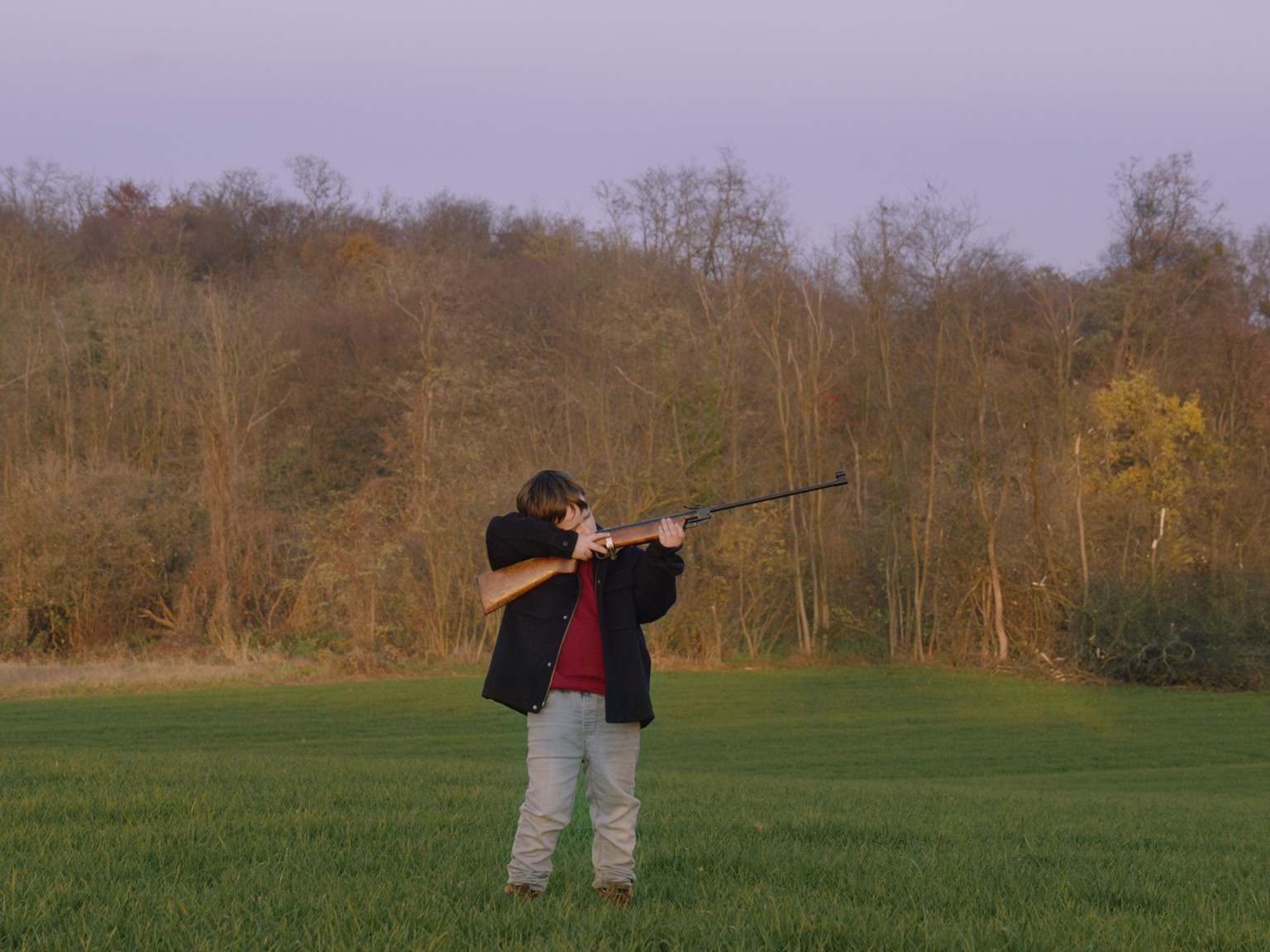
THAT’S HOW I LOVE YOU
TAKO TE VOLIM
Croatia, Portugal, fiction, 19′
SYNOPSIS
While spending holidays at his grandparents´ place in the countryside, a boy learns a cruel lesson of mercy.
CREDITS
Directed by: Mário Macedo
Written by: Ivor Radmilović Pavlek
Produced by: Luís Costa, André Guiomar, Šimun Kuliš, Vanja Vascarac
Cinematography: Dubravka Kurobasa
Editing: Tiago Carvalho
Costume Design: Mirna Mihoković, Jessica Oliveira
Production Design: Petra Mađarić
Make-Up & Hair: Asja Novaković
Sound: Marko Grgić, Tiago Raposinho
Casting: Vanda Volić
Cast: Viktor Fabiančić, Zdenko Jelčić, Edita Karađole
STATEMENT OF THE DIRECTOR
The story of ‘Tako Te Volim (That’s How I Love You)’ is set in the rural countryside of Croatia, on the outskirts of the town of Bjelovar. The movie focuses on Ivan, a city boy who spends a few days with his grandparents. Childhood is the phase in which individuals are formed, full of life lessons and fantasy. When a trauma (no matter how small or large) destroys part of this fantasy, they end up changing their view of the world, revealing their true nature and their position within it. We cultivate the collective fantasy that we know good and evil, that in humans there is an almost metaphysical quality, a soul that guides our actions and cements them in one of these categories. Evil belongs to the realm of ignorance – taking from Hannah Arendt’s famous concept of the ‘banality of evil’, or one of western culture’s most famous phrases, ‘Forgive them Father for they do not know what they are doing!’ Shooting from a distance, in the direction of little black dots that fall, Ivan doesn’t know what he’s doing. Like any other child, he’s just the product of his surroundings, a body that embraces everything he’s given, without prejudice or judgment of any kind – it’s a ladder that climbs, this one with endless life lessons at every step. Ivan’s dilemma is equivalent to the soldier’s indoctrination, when we reflect on conflict, violence and what precedes it – dehumanization and, consequently, a lack of mercy for others. At a time of violence, distant and usually televised, along with fake news and the questionable persecution of alleged criminals, we wonder how important it is to look at the role of fantasy and ignorance in the perception of these others in relation to our dilemma. We absorb these facts together with fabricated experiences and act on our fantasy as if it were real. With Ivan’s story I intend to remind the viewer of the times when they lived their fantasy as if it were reality, and of the lesson that shattered them and showed them that truth is something we must always seek for the sake of our world view – otherwise we risk becoming cruel, diluted in an existentially numb anonymity.
NOMINATIONS AND AWARDS
- European Short Film Candidate 2024

